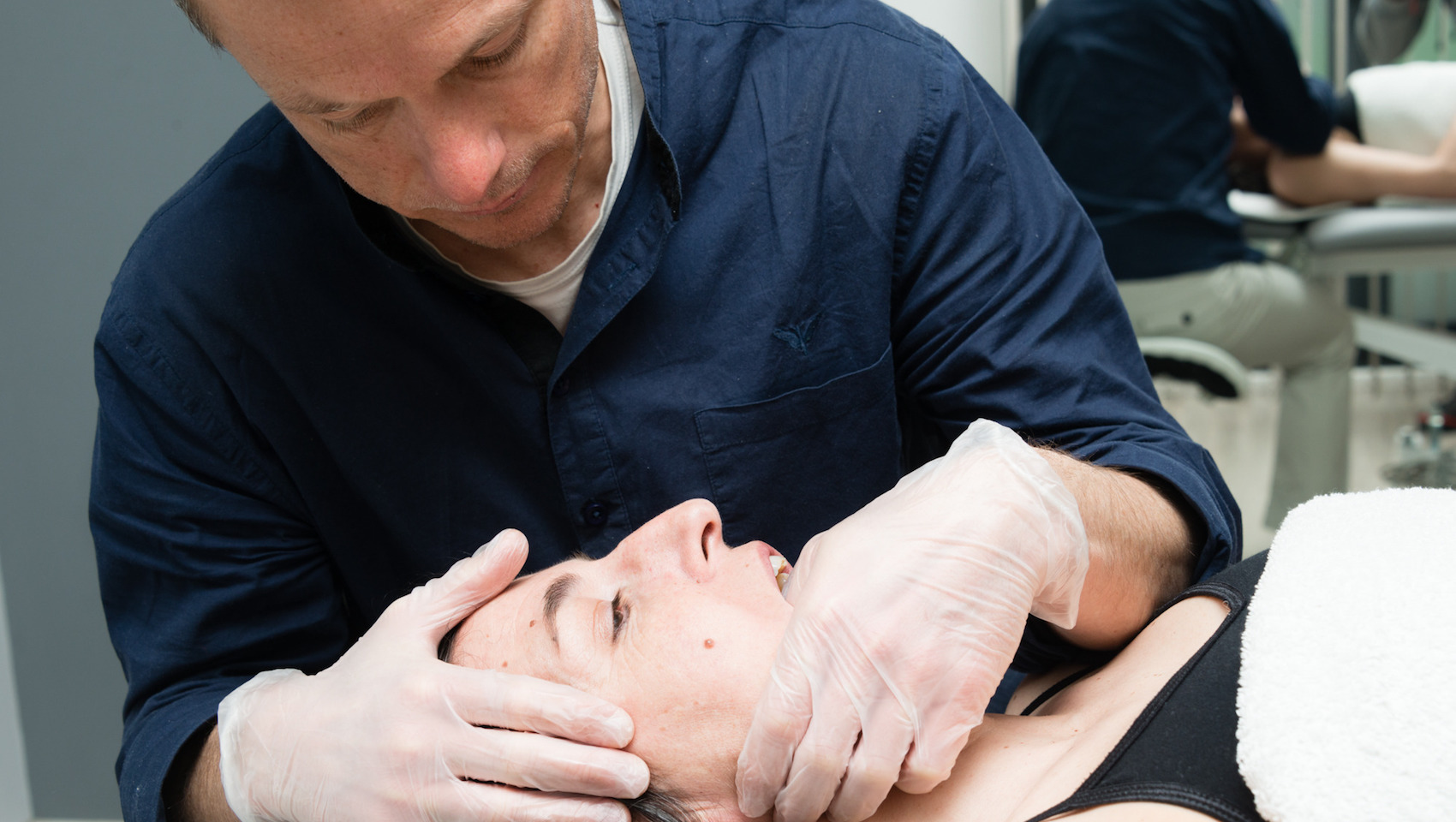
VESTIBULAR PHYSIOTHERAPY
Vestibular physiotherapy aims to assess and treat patients with disorders such as: dizziness, dizziness, instability and different balance problems.
In this course we have learned the assessment and treatment of such varied and common pathologies that we find in our clinic such as BPPV (benign paroxysmal positional vertigo), idiopathic cervical pseudo vertigo and traumatic origin, Meniere’s syndrome, vertebro-basilar insufficiency, unilateral or bilateral areflexia, vestibular neuritis, vestibular migraine, tinnitus, hearing loss …
The VESTIBULAR SYSTEM detects the position and movement of the head, influences the maintenance of posture, intervenes in the representation and body awareness.
In the POSTURAL MAINTENANCE, three sensory systems intervene: Vision, plantar exteroception (proprioception) and the VESTIBLE.
Patients with Vestibular suffering suffer the following affectations:
– Pathological nystagmus: The reflex of reacomodation or stabilization of the look that occurs when the head is moved, is actually a physiological nystagmus. The pathological situations generate the slow nystagical ocular deviation that in turn triggers a rearrangement reflex of the ocular fixation, which will be the rapid phase.
– Vestibular ataxia: (disorder of the coordination that involves a deviation of the body from the line of gravity, which normally occurs with imbalance)
-Spatial cognition disorders: (vertigo, imbalance, anxiety, panic …)
-Valgal disorders: nausea, vomiting, bradycardia …
Disorders of balance, of prehension and spatial representation have prevalence and incidence of 25% (Neuhauser HK, Archives of Internal Medicine, 2008) and are a constant source of consultation on the part of the affected patient due to the great functional impact they imply.
It is essential for the correct approach to understand the neurophysiological mechanisms of equilibration and spatial representation mechanisms in order to optimally approach our patients.
For this, through a correct assessment and previous clinical reasoning, manual, instrumental and different types of exercises are used that can complement the usual medical treatments and help to improve the symptoms of patients who may suffer from these pathologies. common.
Vestibular physiotherapy aims to eliminate symptoms, decrease instability and thus the possible risk of falls, as well as provide the patient with a series of exercises appropriate to their pathology, so that they can start their activities of daily life as soon as possible.
Indications of vestibular physiotherapy:
Post-traumatic vertigo: whiplash, traumatic brain injury
-Episodic vertigo with instability: Meniere’s disease, BPPV, vestibular migraine
-Multifactorial, unknown cause: fobic vertigo, visual dependence ..-

